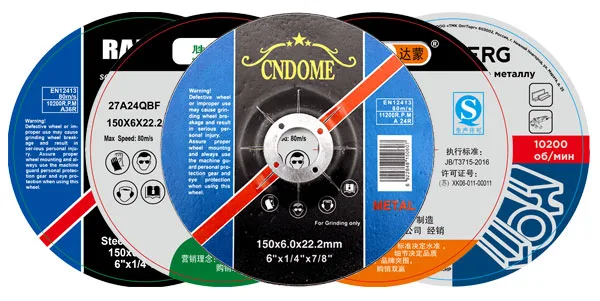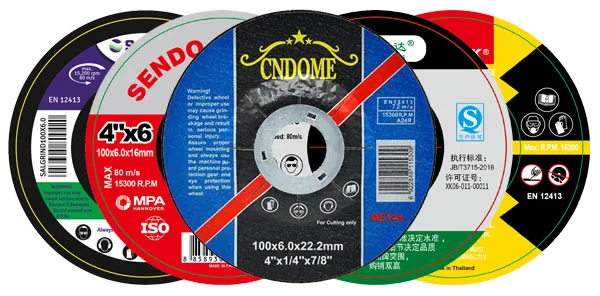In the world of machining and fabrication, precision is paramount. Whether you’re crafting intricate components for aerospace engineering or shaping materials for artistic endeavors, the tools you use can make all the difference. Among these tools, silicon carbide grinding wheels stand out as marvels of engineering, offering unmatched efficiency and precision in material removal.
What is Silicon Carbide?
Silicon carbide (SiC) is a compound composed of silicon and carbon atoms in a crystalline structure. It is one of the hardest known materials, rivaling diamond in hardness. This exceptional hardness, combined with its thermal conductivity, makes silicon carbide an ideal material for various industrial applications, including abrasives.
The Genesis of Grinding Wheels
Grinding wheels have been integral to human civilization’s technological progress for centuries. From ancient civilizations sharpening tools to modern precision manufacturing, the concept remains the same: abrasive particles bonded together to remove material from a workpiece. Silicon carbide, with its exceptional hardness and heat resistance, has become a cornerstone of grinding wheel technology.
Unraveling the Advantages
1. Hardness and Durability: Silicon carbide’s exceptional hardness ensures longevity and durability, even when subjected to demanding machining tasks. This longevity minimizes downtime and replacement costs, maximizing efficiency and productivity.
2. Heat Resistance: One of silicon carbide’s most remarkable properties is its ability to withstand high temperatures. This makes it ideal for applications where heat generation is a concern, such as high-speed grinding processes. The wheel remains stable, minimizing thermal damage to the workpiece.
3. Efficient Material Removal: Silicon carbide’s sharp abrasive grains ensure swift and precise material removal, enhancing productivity while maintaining dimensional accuracy and surface finish. This efficiency is particularly crucial in industries where time is of the essence, such as automotive and aerospace manufacturing.
4. Versatility: Silicon carbide grinding wheels find applications across various materials, including metals, ceramics, composites, and even glass. This versatility makes them indispensable in diverse industries, ranging from automotive and aerospace to electronics and construction.
5. Reduced Friction: The self-sharpening nature of silicon carbide grains reduces friction during grinding, leading to cooler cutting and less material adhesion to the wheel. This results in cleaner workpieces and extends the lifespan of both the wheel and the machinery.
Applications Across Industries
Silicon carbide grinding wheels cater to a wide array of industries and applications:
- Automotive: From engine components to brake systems, silicon carbide wheels ensure precise shaping and finishing of automotive parts.
- Aerospace: Critical aerospace components demand utmost precision, making silicon carbide grinding wheels indispensable in the fabrication process.
- Metalworking: Whether shaping steel, aluminum, or titanium, silicon carbide wheels deliver the precision and efficiency required for metalworking applications.
- Ceramics and Composites: Fragile materials like ceramics and composites require specialized grinding techniques, where silicon carbide’s hardness and precision shine.
- Woodworking: Silicon carbide wheels are also employed in woodworking for shaping and finishing tasks, offering precision and longevity even when working with dense hardwoods.
Conclusion:
Silicon carbide grinding wheels stand as exemplars of precision and efficiency in the realm of machining and fabrication. Their remarkable hardness, heat resistance, and versatility make them indispensable tools across industries, shaping everything from automotive components to aerospace innovations. As technology continues to advance, these wheels will undoubtedly remain at the forefront of precision manufacturing, unlocking new possibilities in material shaping and fabrication.


